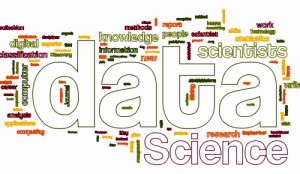 UK Government has identified Data Science as the ‘transforming and growth driving force across all sectors of economy’ and named Big Data as one of the ‘eight great technologies’. With an unprecedented growth in digital content and data, as the digital universe in 2020 is estimated to be 50 times as big as in 2010, we have entered a new era of predictive analytics and data intensive computing. Data scientists are expected to play a key role in this data revolution and their job has even been referred to as “the sexiest job of the 21st century”. This EU INFER sponsored one-day open workshop will combine talks by eminent speakers, a panel-audience discussion, exhibition of projects, hands-on experience session with a number of digital devices and provide a chance to meet data science experts from academia and industry.
UK Government has identified Data Science as the ‘transforming and growth driving force across all sectors of economy’ and named Big Data as one of the ‘eight great technologies’. With an unprecedented growth in digital content and data, as the digital universe in 2020 is estimated to be 50 times as big as in 2010, we have entered a new era of predictive analytics and data intensive computing. Data scientists are expected to play a key role in this data revolution and their job has even been referred to as “the sexiest job of the 21st century”. This EU INFER sponsored one-day open workshop will combine talks by eminent speakers, a panel-audience discussion, exhibition of projects, hands-on experience session with a number of digital devices and provide a chance to meet data science experts from academia and industry.
Please register at: (http://microsites.bournemouth.ac.uk/festival-of-learning/events/data-scientist-the-sexiest-job-of-the-21st-century/) and join us during this exciting event.
Date: 10 June 2014: 9am – 6pm.
Location: 3rd Floor, Executive Business Centre, 89 Holdenhurst Road, Bournemouth, BH8 8EB
Workshop chair: Prof. Bogdan Gabrys, Data Science Institute, Bournemouth University
Detailed program of the workshop:
9.00 – 9.15 – Welcome and introduction
9.15 – 10.15 – Prof. Nello Cristianini (Bristol University, UK), ThinkBIG : The Impact of Big Data on Science and Society
10.15 – 10.30 – Break
10.30 – 11.30 – Prof. David van Dyk (Imperial College London, UK), Big Data and Complex Modeling Challenges in Astronomy and Solar Physics
11.30 – 14.30 – Lunch combined with networking, exhibitions, poster session and hands on experimenting.
14.30 – 15.45 – Panel discussion: Is Data Science “the transforming and growth driving force across all sectors of economy”? Is a Data Scientist the “sexiest job of the 21st century”? (Panelists to include the keynote speakers and a number of users and experts from academia as well as public and private sectors)
15.45 – 16.00 – Break
16.00 – 17.00 – Prof. Detlef Nauck (BT, UK), Predictive Analytics and Big Data
17.00 – 17.15 – Break
17.15 – 18.00 – Prof. Bogdan Gabrys (Bournemouth University, UK), Data Science at BU
Information about invited keynote talks and speakers:
Talk 1: ThinkBIG: The Impact of Big Data on Science and Society by Prof. Nello Cristianini, Professor of Artificial Intelligence, Bristol University
Abstract: Computers can now do things that their programmers cannot explain or understand: today’s Artificial Intelligence has found a way to bypass the need for understanding a phenomenon before we can replicate it in a computer. The technology that made this possible is called machine learning: a method to program computers by showing them examples of the desired behaviour. And the fuel that powers it all is DATA. Lots of it.
For this reason, data has been called the new oil: a new natural resource, that businesses and scientists alike can leverage, by feeding it to massive learning computers to do things that we do not understand well enough to implement them with a traditional program. This new way of working is all about predicting, not explaining. It is about knowing what a new drug will do to a patient, not why. But: was not science meant to help us make sense of the world? Or is it just meant to deliver good predictions? And let us remember that the fuel that powers this revolution is very often our own personal data, and that we still do not have a clear cultural framework to think about this.
Short Bio Note: Nello Cristianini is a Professor of Artificial Intelligence at the University of Bristol. His current research covers the large scale analysis of media content (news and social media), using various AI methods, and the implications of Big Data.
Cristianini is the co-author of two widely known books in machine learning, “An Introduction to Support Vector Machines” and “Kernel Methods for Pattern Analysis” and of a book in bioinformatics “Introduction to Computational Genomics”. He is also a former recipient of the Royal Society Wolfson Research Merit Award and a current holder of a European Research Council Advanced Grant.
Talk 2: Big Data and Complex Modeling Challenges in Astronomy and Solar Physics by Prof. David van Dyk, Professor of Statistics, Imperial College London
Abstract: In recent years, technological advances have dramatically increased the quality and quantity of data available to astronomers. Newly launched or soon-to-be launched space-based telescopes are tailored to data-collection challenges associated with specific scientific goals. These instruments provide massive new surveys resulting in new catalogs containing terabytes of data, high resolution spectrography and imaging across the electromagnetic spectrum, and incredibly detailed movies of dynamic and explosive processes in the solar atmosphere. These new data streams are helping scientists make impressive strides in our understanding of the physical universe, but at the same time generating massive data-analytic and data-mining challenges for scientists who study the resulting data. This talk will give an overview of a number of statistical challenges that arise form big data and complex models in astronomy and solar physics.
Short Bio Note: David van Dyk is a Professor in the Statistics Section of the Department of Mathematics at Imperial College London. After obtaining his PhD from the University of Chicago, he held faculty positions at Harvard University and the University of California, Irvine before relocating to London in 2011. Professor van Dyk was elected Fellow in the American Statistical Association in 2006, elected Fellow of the Institute of Mathematical Statistics in 2010, received a Wolfson Merit Award in 2011, and was elected to the Board of Directors of the American Statistical Association (2015-17). His scholarly work focuses on methodological and computational issues involved with Bayesian analysis of highly structured statistical models and emphasizes serious interdisciplinary research, especially in astronomy. He founded and coordinates the CHASC International Astrostatistics Center and is particularly interested in improving the efficiency of computationally intensive methods involving data augmentation, such as EM-type algorithms and various Markov chain Monte Carlo methods.
Talk 3: Predictive Analytics and Big Data by Prof Dr Detlef Nauck, Chief Research Scientist, BT
Abstract: Detlef’s research focuses on exploiting large operational data sources to improve BT’s systems, networks and processes. The ultimate goal is the introduction of autonomic systems into operations that can learn from historic data to self- improve, self-configure and self-heal. In his presentation, Detlef will discuss how the application of predictive analytics to operational data has led to a number of solutions in BT’s operations that predict performance of networks, systems and processes, and forecast expected demand. Detlef will also discuss some current research topics at BT, which range from automatic discovery of patterns, to autonomic behaviour in processes and systems, to the challenges of exploiting Big Data.
Short Bio Note: Detlef Nauck is a Chief Research Scientist with BT’s Research and Innovation Division located at Adastral Park, Ipswich, UK. He is leading a group of international scientists working on Intelligent Data Analysis and Autonomic Systems. He is a Visiting Professor at Bournemouth University and a Private Docent at the Otto-von-Guericke University of Magdeburg, Germany. Detlef holds an MSc (1990) and a PhD (1994) in Computer Science both from the University of Braunschweig, Germany. He also holds a Habilitation (post-doctoral degree) in Computer Science from the Otto-von-Guericke University of Magdeburg, Germany (2000). Detlef has published over 120 papers, holds 4 patents and 20 active patent applications.
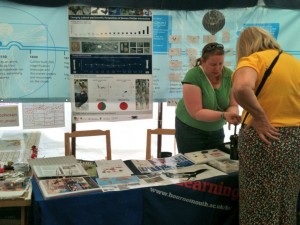
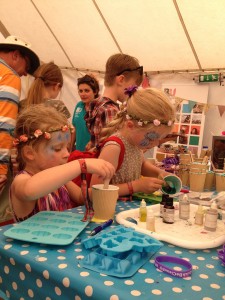
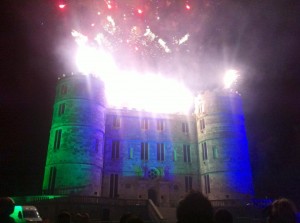
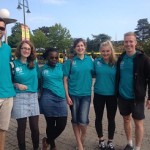
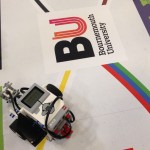
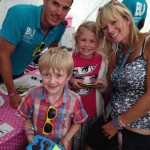
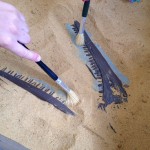
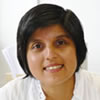
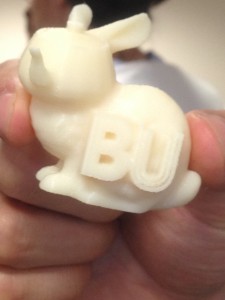



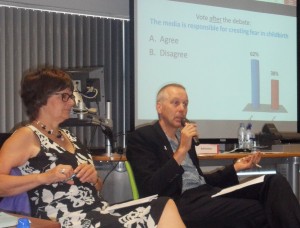
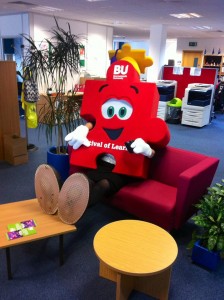
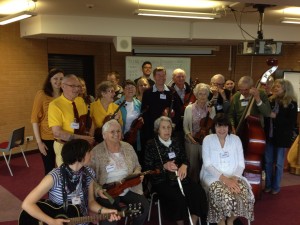
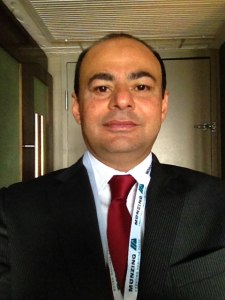
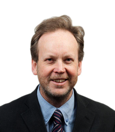
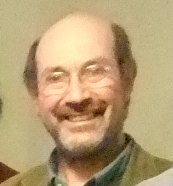
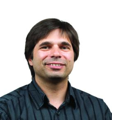


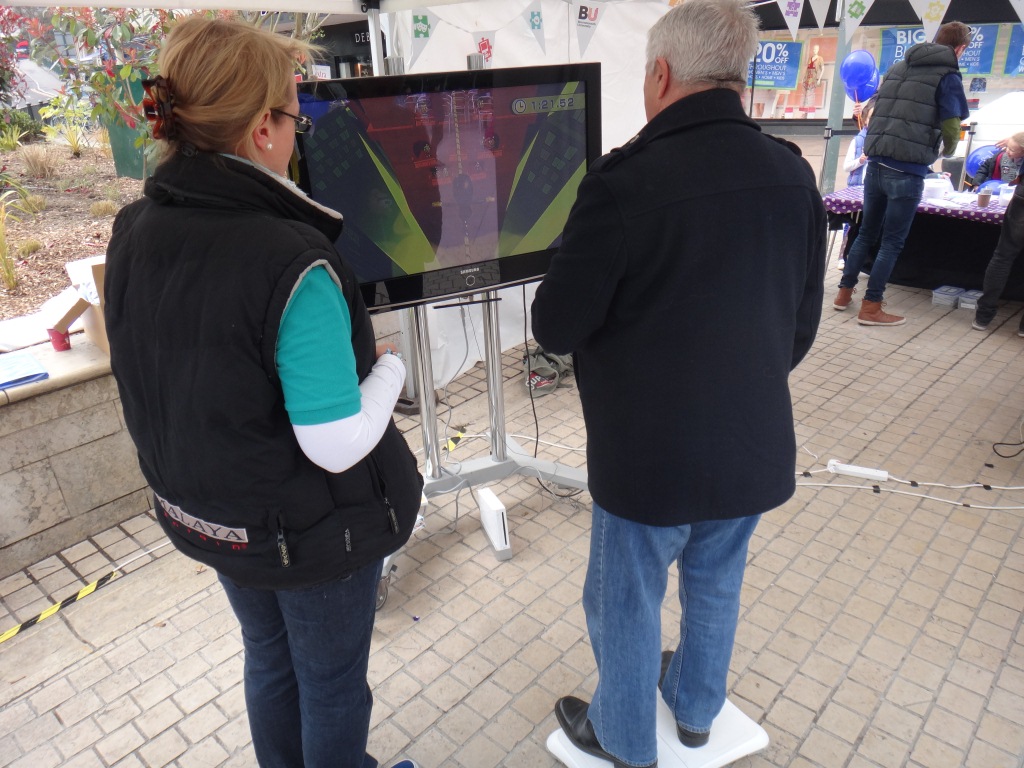
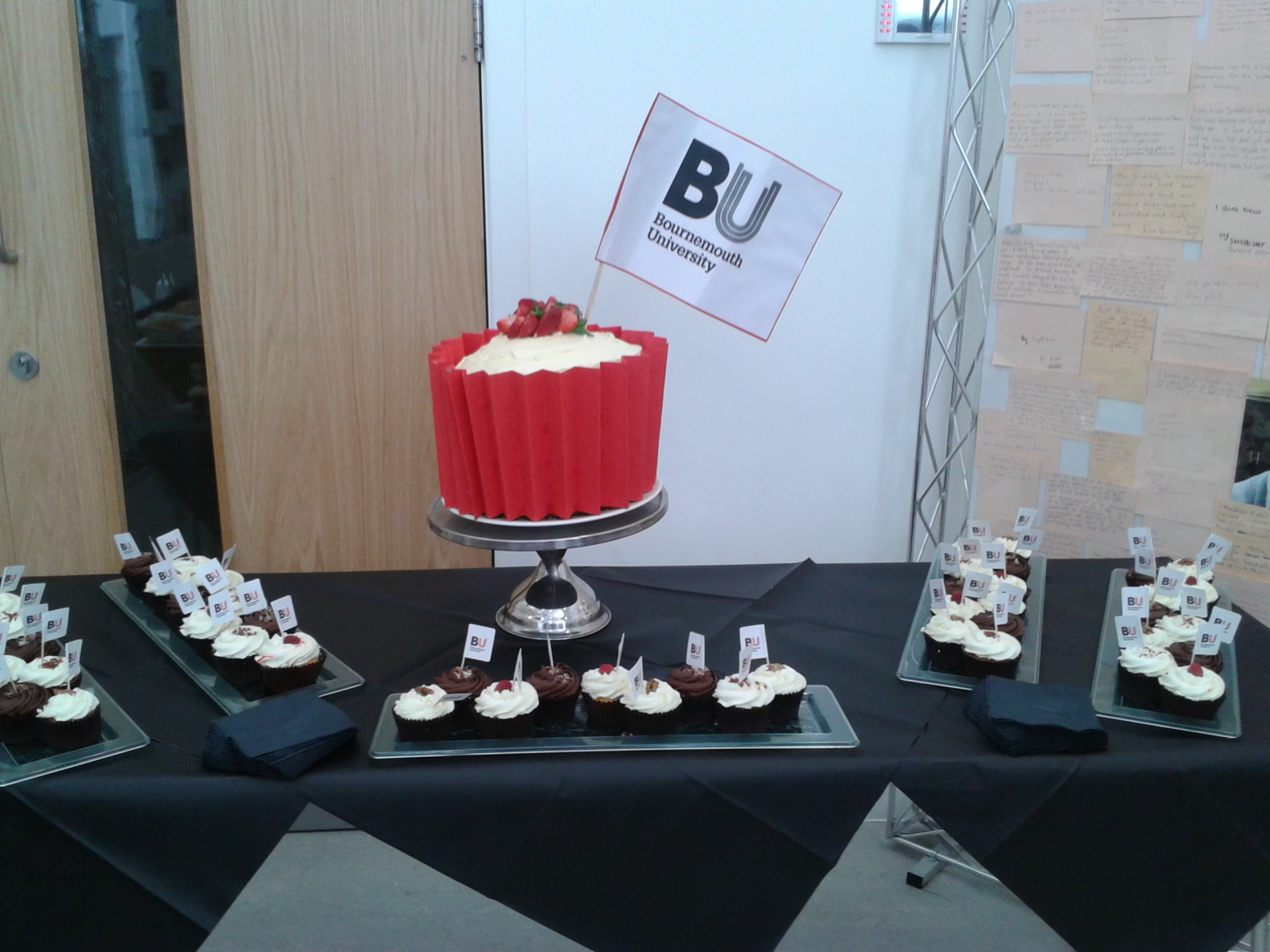
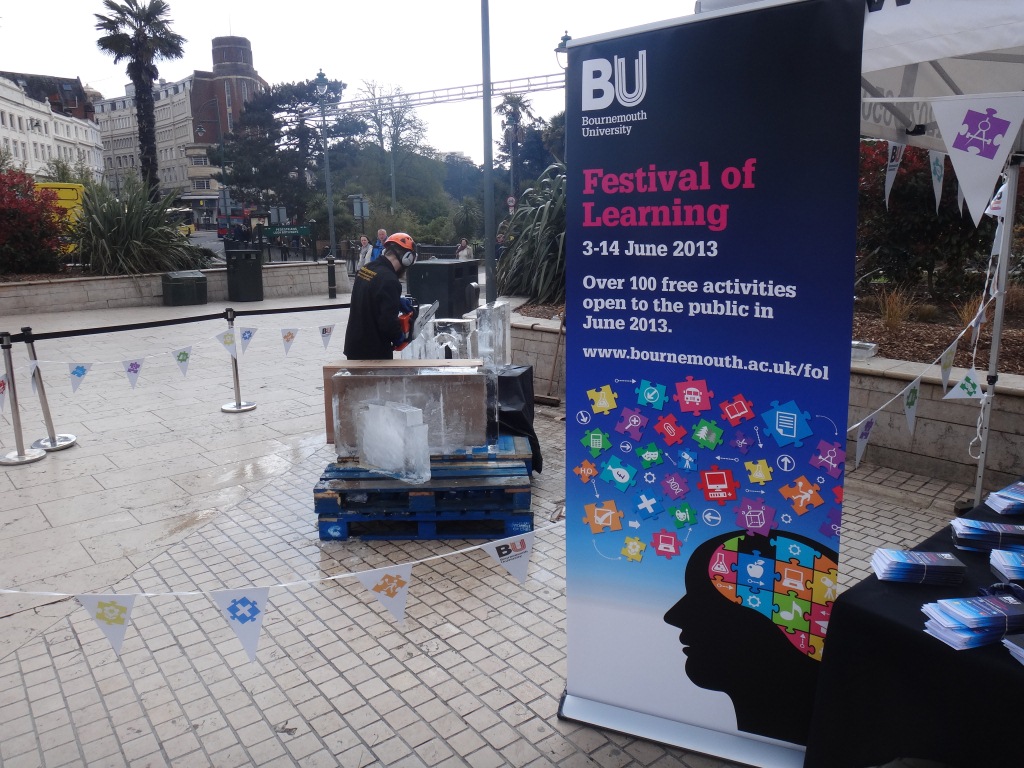











 SPROUT: From Sustainable Research to Sustainable Research Lives
SPROUT: From Sustainable Research to Sustainable Research Lives BRIAN upgrade and new look
BRIAN upgrade and new look Seeing the fruits of your labour in Bangladesh
Seeing the fruits of your labour in Bangladesh Exploring Embodied Research: Body Map Storytelling Workshop & Research Seminar
Exploring Embodied Research: Body Map Storytelling Workshop & Research Seminar Marking a Milestone: The Swash Channel Wreck Book Launch
Marking a Milestone: The Swash Channel Wreck Book Launch ECR Funding Open Call: Research Culture & Community Grant – Application Deadline Friday 12 December
ECR Funding Open Call: Research Culture & Community Grant – Application Deadline Friday 12 December MSCA Postdoctoral Fellowships 2025 Call
MSCA Postdoctoral Fellowships 2025 Call ERC Advanced Grant 2025 Webinar
ERC Advanced Grant 2025 Webinar Update on UKRO services
Update on UKRO services European research project exploring use of ‘virtual twins’ to better manage metabolic associated fatty liver disease
European research project exploring use of ‘virtual twins’ to better manage metabolic associated fatty liver disease